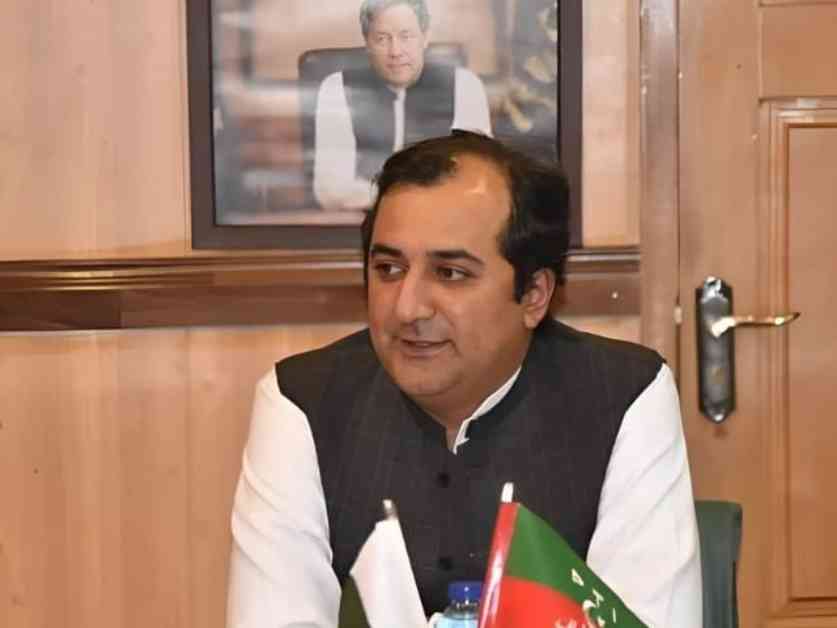Khalid Khurshid Sentenced to 34 Years: Former G-B CM Convicted for Corruption
Former Gilgit-Baltistan Chief Minister and Pakistan Tehreek-e-Insaf (PTI) leader Khalid Khurshid has been sentenced to 34 years in prison by an anti-terrorism court (ATC) for threatening security agencies. This decision marks a significant development in the ongoing legal battle surrounding Khurshid’s actions.
Court Ruling and Implications
In addition to the lengthy sentence, the court has also imposed a fine of Rs 600,000 on Khalid Khurshid. The ATC has directed the inspector general of police to arrest Khurshid and transfer him to jail for the entire duration of his sentence, ensuring he faces the consequences of his actions.
As part of the ruling, the National Database and Registration Authority (Nadra) has been instructed to block Khurshid’s computerized national identity card (CNIC), adding another layer of complexity to his legal situation. These measures aim to prevent any potential evasion of consequences and reinforce the severity of the court’s decision.
Background and Legal Proceedings
The charges against Khurshid stem from an incident during a PTI power show on May 26, 2024, where he allegedly made threats against GB’s chief secretary, the chief election commissioner, and security agencies. Subsequently, an FIR was lodged against him under the Anti-Terrorism Act (ATA), highlighting the gravity of the situation.
Despite the charges, Khurshid remained a fugitive and failed to appear for court proceedings, further complicating the legal process. His history as the Chief Minister of Gilgit-Baltistan and subsequent disqualification in 2023 due to submitting a fake degree have added layers of complexity to his case.
Conclusion
Khalid Khurshid’s sentencing to 34 years in prison serves as a stark reminder of the consequences of abusing power and threatening security agencies. The legal system’s decisive action underscores the importance of upholding the rule of law and ensuring accountability at all levels of governance. As the case unfolds, the implications of this ruling will continue to reverberate through political and legal circles, shaping future discourse on corruption and accountability in public office.









